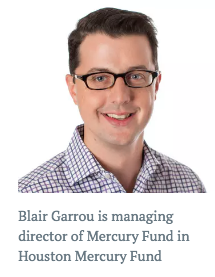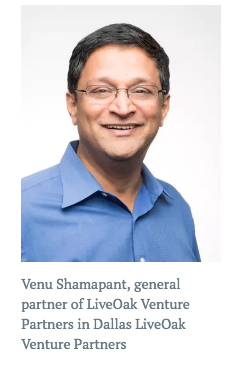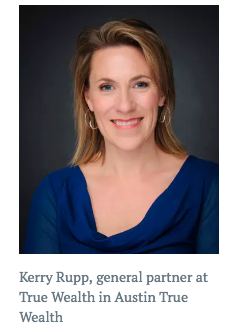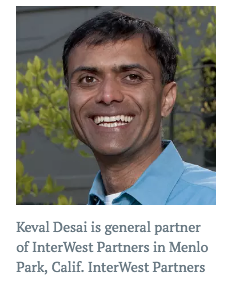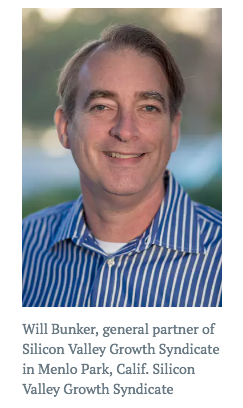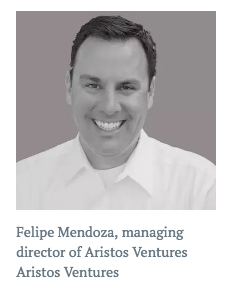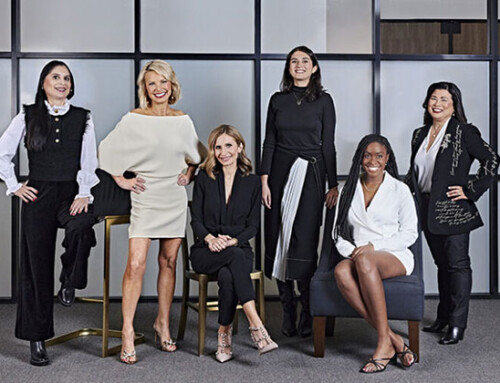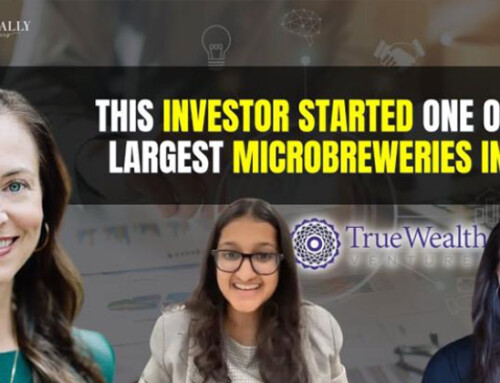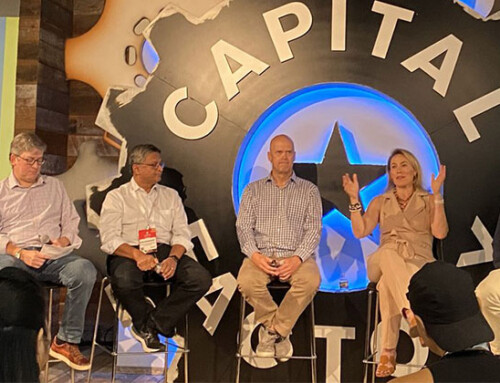This article originally appeared here.
Correction: An earlier version of this story incorrectly stated the size of the True Wealth Ventures fund. It is $20 million, not $12 million.
Investors have dozens of meetings each week and field hundreds of pitches a month.
With millions of dollars in play, venture capitalists are looking for startup companies that know their market, don’t overexaggerate their financial prospects and have the right team to convert ideas into returns.
Blair Garrou, managing director of Mercury Fund
Headquarters: Houston
Size of fund: $250 million
D-FW companies invested in: Koupon Media, Epic Playground Inc.
“The goal is to invest; the goal is to learn. And I think entrepreneurs miss the mark. You know, my first meeting with an entrepreneur shouldn’t be them asking me for money. What they want to do is start building a relationship with me. What I am looking for is a conversation, and I’m looking to become intellectually curious and interested in your business. And I need to have a reason to want to support you, and that comes from a relationship.”
Headquarters: Dallas
Fund size: $180 million
D-FW companies invested in: Ranzure, Razberi, Ranzure, Razberi, Spatial Wireless, Navini Networks, Mavenir Systems and Sipera Systems
“Sometimes people just come in, and they think somehow having a bigger team is better. We actually want teams that have been in that particular domain for some time. A lot of people think they have to have every slot filled out before they come to us. Just come together with a core team that you all know well and is capable of doing the job they’re signing up for. But don’t artificially fill it up to be bigger than it needs to be.”
Headquarters: Austin
Fund size: $20 million goal (currently fundraising)
D-FW companies: None yet, but Rupp said they are looking to invest in companies here. This fund only invests in companies run by women.
“In a presentation, tell a story using visualizations that will put the listener in the mind of the opportunity. Make sure that you make an ask in the end.
“And make sure that it’s clear what you’re looking for. If you are going to make an ask for money, show what kind of milestones and what dates are going to achieve what benefits.”
Size of fund: $650 million
Texas companies invested in: SpeadFast (Austin) and Pivot 3 (Austin)
“Don’t tell me what I want to hear, just tell me what you believe in. And if I buy that, great, then we’ll be partners and we’ll go build the company together. But if I don’t believe it, that’s fine, and there are a lot of other people who might believe in it. Entrepreneurs should stay true to their conviction and do what they want to do, and not worry about the investors.”
These investors offered tips about how to be successful during a pitch or investor presentation.
Will Bunker, general partner of Silicon Valley Growth Syndicate
Headquarters: Menlo Park, Calif.
Fund size: $3.5 million
D-FW companies invested in: ViewMarket, Modern Message, Upswing (moved down to Austin but went through Tech Wildcatters), Blownaway and Robin Lawn Care
“My goal is to figure out if this is something I want to put money in and an entrepreneur I want to spend time with. That’s someone who is open mentally to feedback from the marketplace. You know, there’s kind of this myth that Steve Jobs just went into a closet and thought out all this great stuff — but I guarantee he talked to a lot of customers. Plus, most people aren’t Steve Jobs. The important thing for me is are you excited enough about this idea that you’ll work through all the terrible things that will happen to you while you try to do it.”
Fund size: $10 million
D-FW companies invested in: Traxo, Armorway, Theatro, CloudCoreo, JamKazam, NetSocket, Nimbix and InvoiceCare
“Really, financial projections are not what I consider the most important. The most important thing is market timing. The entrepreneur should create that sense of urgency, that now is the time, that the train is leaving the station now and the investor should really want to jump on board because of these reasons, whatever they might be.”
Common mistakes
We also asked some Dallas experts about the pitfalls inherent in any pitch.
“There are two key mistakes in making a pitch to investors. One is the failure to provide meaningful information and documentation. The second is the failure to have considered and defined the risk.”
Tex Gross, chairman, Commerce Street Holdings, LLC
“Forgetting that an idea is not a business.”
Wilson Chu, merger and acquisitions attorney, McDermott Will & Emery LLP
“The founder is where we put a lot of our attention. If you find a bright, capable, hungry, thoughtful founder, even if they don’t get this business right, there’s a high likelihood that that person is going to get the next business right.”
Joe Beard, partner at Perot Jain, a Dallas fund that invests in startups
“They often say, ‘We only need to get 1 percent of the market to have a huge company.’ That’s not really relevant and rarely easy.”
Cece Smith, co-founder of Phillips-Smith-Machens Venture Partners


